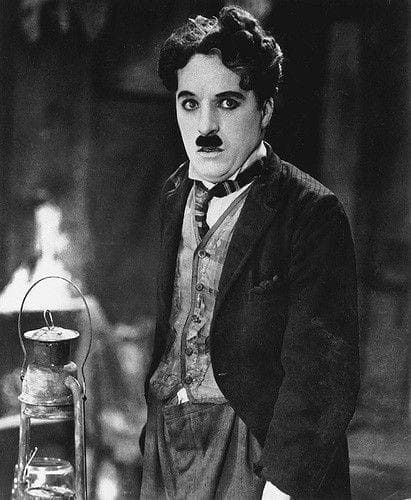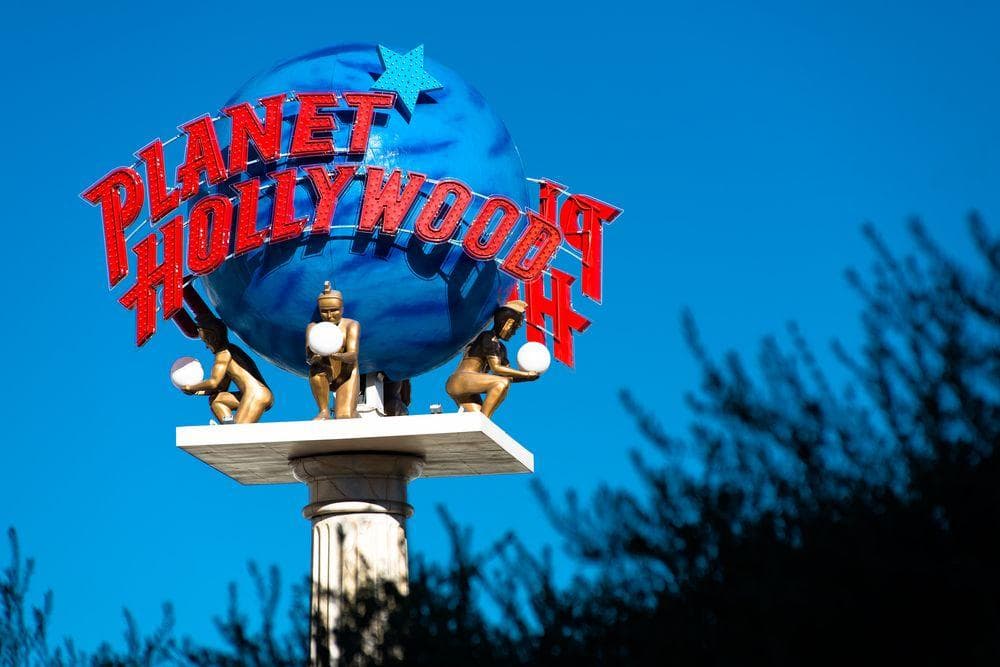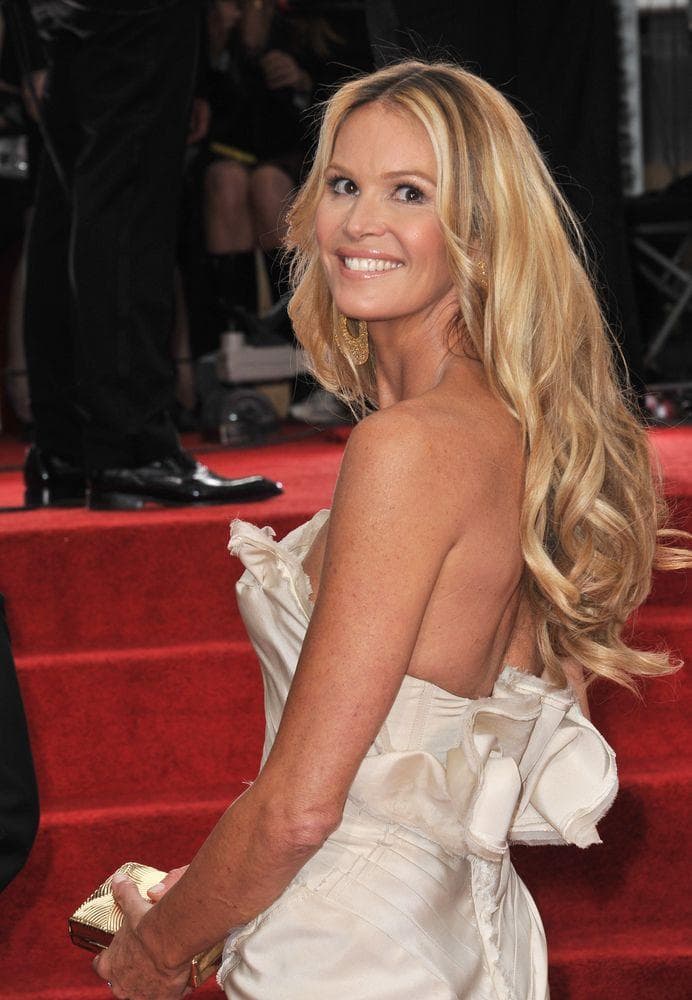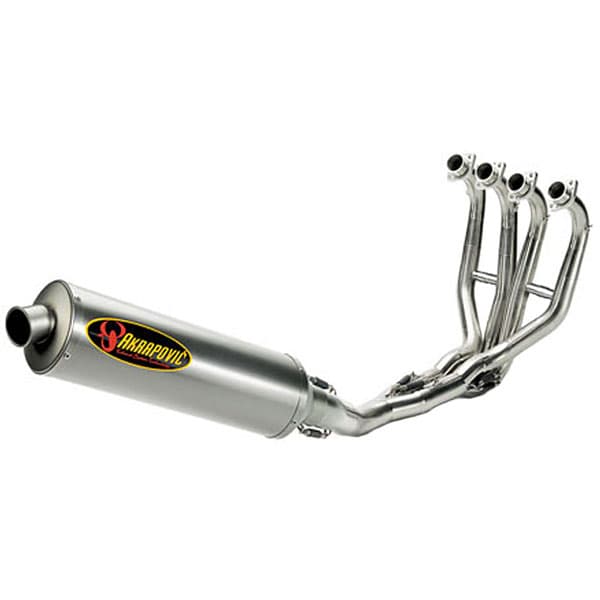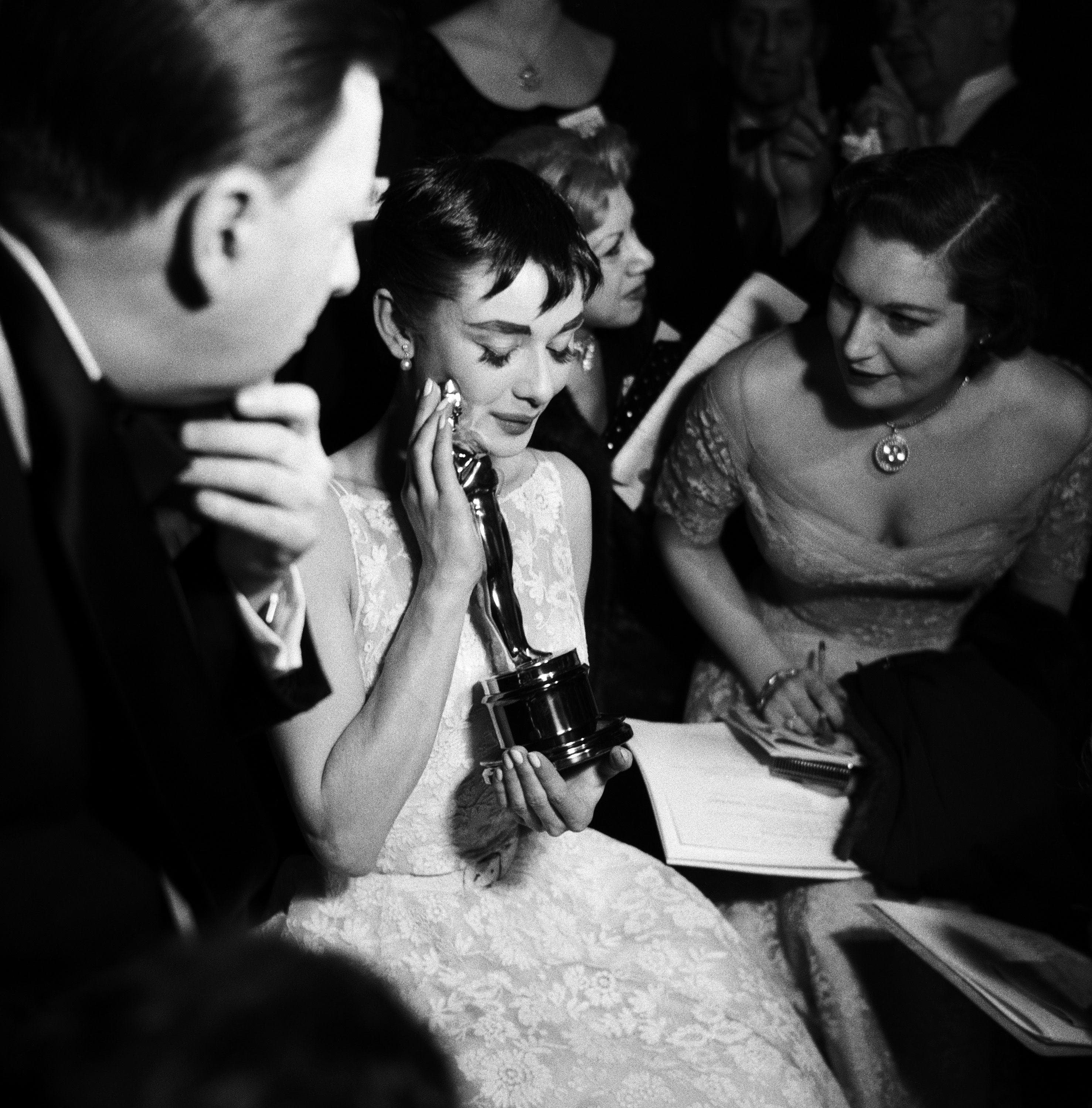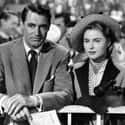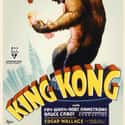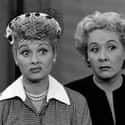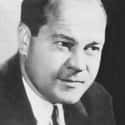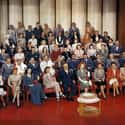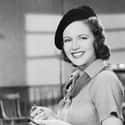-
(#18) Studio Power Was Weakend By Agents, Who Carved Up Talent Pools And Freed Creatives From Contracts
When the studio system began, agents swarmed Hollywood, imbedding themselves in every aspect of the business. While they tended to work with studios to cultivate an actor’s career, they were also considered the enemy. Agents had backgrounds in everything from advertising to real estate and banking, and knew how to dig in and fight.
Ultimately, agents won in the battle for control of their clients' careers. Leading stars had power and the studios had to share that power with the actor and agent. Agent-led negotiations on behalf of stars ended the era of contracts and created an environment in which most writers, directors, and actors worked freelance (writers lucky enough to get development deals moved from studio to studio based on who offered what).
Eventually, and somewhat ironically top agencies became their own versions of studios, packing projects with actors and directors, from scripts by clients.
-
(#3) Block Booking
Studios sold films to theaters in blocks. A standard block contained of 20 or more features, one of which was a high quality picture with broad appeal, the rest of which were a grab bag of B-movies of varying quality. Theater owners weren’t fans of the block system, because it ate up the majority of the playbill for the year, but they had to go along in order to get the biggest films each year.
In many cases, when theater owners bid on block from a studio, some films included weren't even made yet. Because of this, programmers had no idea how bad a picture might be. What's more, if the final product differed from descriptions provided by the studio, programmers would have no idea to whom the project might appeal and how to promote and schedule it. Theaters were also required to take short films, which were tacked onto features. Block booking was a major impediment to theater owners meeting the taste of clientele.
On top of this, the Big Five owned controlling stakes in theater chains, which were exempt from block booking, and therefore would only show the best, most commercially successfully and high quality films. This cut into the business of theaters lashed to the block system.
-
(#16) The Rise Of The Little Screen Ended The Hegemony Of Studios
Television gained power as it sucked up newsreels, serials, short subjects, and cartoons usually reserved for the pre-show on the big screens. Late night TV became king. Old movies could be enjoyed in one’s own living room. Even the Silent Era got a boost from TV.
While this helped with Hollywood's exposure, it also effectively ended the studio system's hegemony over filmed American entertainment, and fractured a talent base that could choose between gigs in film and television.
-
(#9) Studio Fixers Like Eddie Mannix Helped Stars Avoid Trouble With The Law
If you've seen Hail, Caesar, you know all about Eddie Mannix (pictured), an infamous studio fixer of old Hollywood. He got stars out of trouble by whatever means necessary. He helped Joan Crawford out of a spot of bother, perhaps with the assistance of the mob, when some extortionists came upon a copy of a lesbian porn film she made before becoming famous.
The following story from Clark Gable by Warren G. Harris demonstrates the extent to which studios went to protect stars. It also debunks the long-held rumor that Gable hit and killed someone. It's a long story, but worth the read.
“In March [1945] Gable’s heavy drinking finally caught up with him. While driving home from a party celebrating the American victory on Iwo Jima, he lost control of the car as he passed through the Bristol Circle, a dense tree-filled traffic island on Sunset Boulevard in residential Brentwood in West Los Angeles. It being around four o’clock in the morning, there may have been no eyewitnesses to what actually happened. But MGM publicists and security chief Whitey Hendry got to the accident scene before it was reported to the police or press.
[MGM publicist] Howard Strickling later claimed that Gable crashed into a tree on the front lawn of Harry Friedman, a talent agent for MCA. According to Strickling, Friedman knew enough about the industry’s penchant for secrecy to phone MGM instead of the cops.
‘It wouldn’t have been good if a photographer arrived and snapped Clark Gable lying on the lawn covered with blood and his car all cracked up, Strickling said. After a studio doctor arrived to patch up Gable, he was taken to Cedars of Lebanon Hospital, and the wrecked car was quickly towed away.
At the hospital Gable required ten stitches for head and shoulder wounds and was detained for ‘observation.’ He was in a drunken stupor and kept threatening to walk out, so all his clothes were taken away to lessen the chances. He spent the next three days in isolation, being thoroughly dried out.
The press had so many informants at Cedars of Lebanon that Gable’s presence became known within minutes. Amusingly, the story handed out by MGM was that Gable’s car had been sideswiped by a drunken driver who immediately sped away! Nobody believed it, but it got printed and also started rumors of what really happened. One of the more extreme had Gable killing a pedestrian and MGM persuading one of its minor executives to take the rap for him! After ‘confessing’ that he had really been driving the car and Gable was only a passenger, the exec supposedly served a year in jail for manslaughter, after which MGM rehired him with a whopping pay increase and pension plan.”
-
(#8) Studios Owned Their Stars And Controlled Their Personal Lives
The studio controlled every aspect of a star’s life. From how they spent their private time to who they dated, married, and pretty much every other aspects of their personal lives. If an actor had an affair, got pregnant, had a drug or alcohol problem, or a child out of wedlock, the studio made it a high priority to deal with it and keep that knowledge from the public.
If an actor was gay, that knowledge was closely guarded. Actors stayed in the closet and were regularly forced into cover marriages. Crimes and misdeeds were covered up. The studios worked with law enforcement and the press to keep things under wraps.
-
(#6) The Talent Scout System Was Wide Ranging And Ravenous
Hollywood talent scouts searched for fresh talent on Broadway, vaudeville, and radio. They were on the lookout for a fresh face just about anywhere, including the street.
In 1936, someone (by some accounts The Hollywood Reporter founder William R. Wilkerson, by others a talent scout) spotted 15-year-old Julia Jean Mildred Frances Turner drinking a soda outside a shop in Hollywood after she ditched a typing class. She was approached, brought to Marx Brother Zeppo (who was an agent as well as an actor) once her parents approved of the situation, signed with him in 1937, and cast in They Won’t Forget.
Turner was an instant success, not because of her talent (she had no lines and was killed off pretty quickly), but because of her tight skirt and chest-hugging sweater. Turner, who chose Lana as her first name, was known as the “Sweater Girl.”
Turner said of her studio years
”It was all beauty and it was all power. Once you had it made, they protected you; they gave you stardom. The ones who kept forging ahead became higher and higher and brighter and brighter and they were stars. And they were treated like stars. We had the best."
New Random Displays Display All By Ranking
About This Tool
It is not an exaggeration to say that the studio system has created Hollywood’s glory. The old Hollywood studio system is a production model for large companies in American movie history to produce movies. The filmmaker takes the lead and emphasizes the role of the movie stars. The studio system has a decisive influence on the future development of Hollywood.
You must watch lots of Hollywood movies, but most people don't know the facts about how the old Hollywood studio system worked, our generator will help you to get more details, and it has more interesting content, you could search for other things with the tool.
Our data comes from Ranker, If you want to participate in the ranking of items displayed on this page, please click here.

